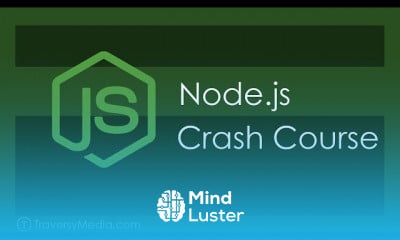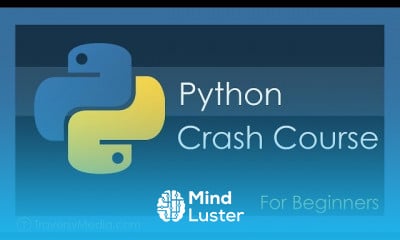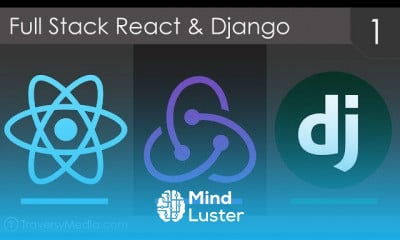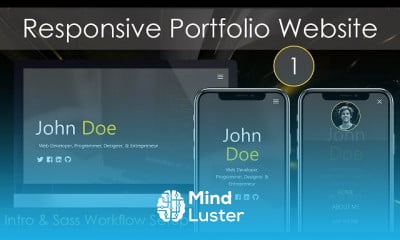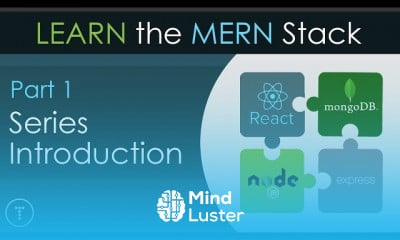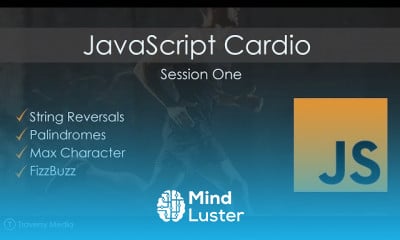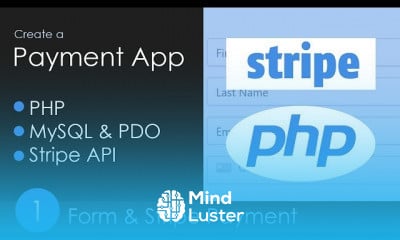College Algebra Full Course
Share your inquiries now with community members
Click Here
Sign up Now
Lessons List | 6
Lesson
Comments
Related Courses in Programming
Course Description
Mathematics includes the study of such topics as quantity (number theory), structure (algebra), space (geometry),and change (analysis). It has no generally accepted definition.
Mathematicians seek and use patterns[8][9] to formulate new conjectures; they resolve the truth or falsity of such by mathematical proof. When mathematical structures are good models of real phenomena, mathematical reasoning can be used to provide insight or predictions about nature. Through the use of abstraction and logic, mathematics developed from counting, calculation, measurement, and the systematic study of the shapes and motions of physical objects. Practical mathematics has been a human activity from as far back as written records exist. The research required to solve mathematical problems can take years or even centuries of sustained inquiry.
Rigorous arguments first appeared in Greek mathematics, most notably in Euclid's Elements. Since the pioneering work of Giuseppe Peano (1858–1932), David Hilbert (1862–1943), and others on axiomatic systems in the late 19th century, it has become customary to view mathematical research as establishing truth by rigorous deduction from appropriately chosen axioms and definitions. Mathematics developed at a relatively slow pace until the Renaissance, when mathematical innovations interacting with new scientific discoveries led to a rapid increase in the rate of mathematical discovery that has continued to the present day
Mathematics is essential in many fields, including natural science, engineering, medicine, finance, and the social sciences. Applied mathematics has led to entirely new mathematical disciplines, such as statistics and game theory. Mathematicians engage in pure mathematics (mathematics for its own sake) without having any application in mind, but practical applications for what began as pure mathematics are often discovered later.
Mathematics is a peer-reviewed, open access journal which provides an advanced forum for studies related to mathematics, and is published semimonthly online by MDPI. The European Society for Fuzzy Logic and Technology (EUSFLAT) and International Society for the Study of Information (IS4SI) are affiliated with Mathematics and their members receive a discount on article processing charges.
Open Access— free for readers, with article processing charges (APC) paid by authors or their institutions.
High Visibility: indexed within Scopus, SCIE (Web of Science), and many other databases.
Journal Rank: JCR - Q1 (Mathematics) / CiteScore - Q1 (General Mathematics)
Rapid Publication: manuscripts are peer-reviewed and a first decision provided to authors approximately 17.6 days after submission; acceptance to publication is undertaken in 3.7 days (median values for papers published in this journal in the first half of 2021).
Recognition of Reviewers: reviewers who provide timely, thorough peer-review reports receive vouchers entitling them to a discount on the APC of their next publication in any MDPI journal, in appreciation of the work done.
Sections: published in thirteen topical sections.
Companion journals for Mathematics include: Foundations and AppliedMath.
Trends
Electrical engineering for engineer
Graphic design tools for beginners
Theory of computation fundamentals
Microsoft Excel
Artificial intelligence essentials
Human Resources Management
Build a profitable trading
Cyber Security for Beginners | Edureka
Making money with apps
Microsoft Word
Essential english phrasal verbs
Build a tic tac Toe app in Xcode
AUTOMATA THEORY
Excel skills for math and science
Python for beginners
Bioinformatics basics
Computer science careers
English vocabulary verbs
Learning English Speaking
American english speaking practice
Recent
Bioinformatics basics
Bioinformatics databases
Vitamin A to Z tablets
Best zoology books
Best cream for piles pain
Laser surgery for piles
Best cream for piles
Anal fissure treatment
Best antibiotics for diseases
Antibodies structure
Macrophage structure
Drosophila genetics
Diagnostic tests
Bioinformatics
Genetics
Gene therapy
Kidney structure
DNA replication and types
Bacterial cell structure
Parasite structure




